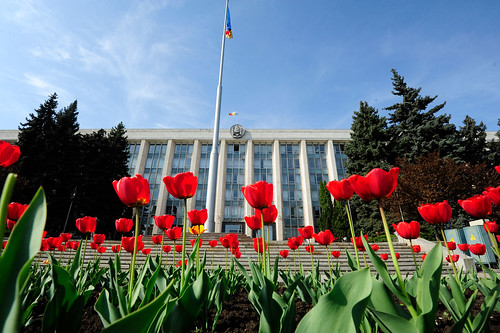
‘The key is implementing laws in real life’: why Moldova needs energy efficiency
Energy efficiency in the Republic of Moldova is at a very low level. In order to produce goods or services with a worth of €1,000 in Moldova, three times more energy is consumed than in EU countries. The Energy Community, which includes Moldova, decided to assist Moldovan authorities to improve the current situation. In 2016, the EU4Energy initiative was launched, not only in Moldova but in other Eastern Partnership countries as well. The project’s goal is to improve energy security and the connectivity of power systems, as well as to promote energy efficiency and the use of renewable energy sources. Below on how the EU4Energy programme is implemented in real life, what other obligations Moldovan authorities have and how Moldovan consumers can benefit from the programme.
What is EU4Energy?
According to statistics, energy use per €1,000 GDP in Eastern Partnership countries such as, Moldova and Ukraine is more than three times higher than in EU countries. Most of these countries are also highly dependent on external energy resources, and as a result, their economies are may face developing constraints.
In order to address some of these issues, the EU4Energy initiative was set up, which promotes energy market reform and sustainable energy solutions as well as helping its partner countries to reduce their energy dependency, become more sustainable and decrease their volume of CO2 emissions.
The programme, which has a budget of €21 million, was launched in 2016 and will end in 2020.
What is the essence of the programme?
The goal of the EU4Energy programme is to improve the quality of data and statistics in the energy sector, initiate regional discussions in the sphere of political decision-making, strengthen legislative and regulatory framework and improve access to information in partner countries.
Under the Governance component of the EU4Energy programme, the Energy Community Secretariat provides technical assistance to strengthen the legislative and regulatory framework and help to attract investors into the field of strategic infrastructure energy projects.
Janez Kopač, Director of the Energy Community Secretariat, explained that when reforms are implemented, the consumption of fossil fuel will decrease, energy security will improve and this will allow countries to contribute to climate change mitigation.
What has the programme already achieved in Moldova?
In Moldova, one of the beneficiaries of the project is the National Agency for Energy Regulation (ANRE). The Energy Community Secretariat helps ANRE to develop new energy and gas market rules, taking into account the European Union’s Third Energy Package and new Moldovan laws on electricity, gas and energy. The first joint meeting between the management of ANRE, experts of the Energy Community Secretariat and European experts took place last summer.
As a member of the Energy Community, Moldova must bring its legislation in line with key European energy laws. That is why the Energy Community Secretariat’s experts also helped to develop other documents, including legislation on energy efficiency.
In addition, Energy Community Secretariat with support of European specialists provide technical assistance on developing a Regulation on the limitation of emission of certain pollutants into the air from large combustion plants.
Besides the assistance in legislation development, is this programme useful in any other way?
Yes, the Energy Community Secretariat helps create working groups which follow up reform implementation in the energy sector. In the long term, according to Kopac, this will contribute to the process of the sustainable economic development, create jobs and attract investments.
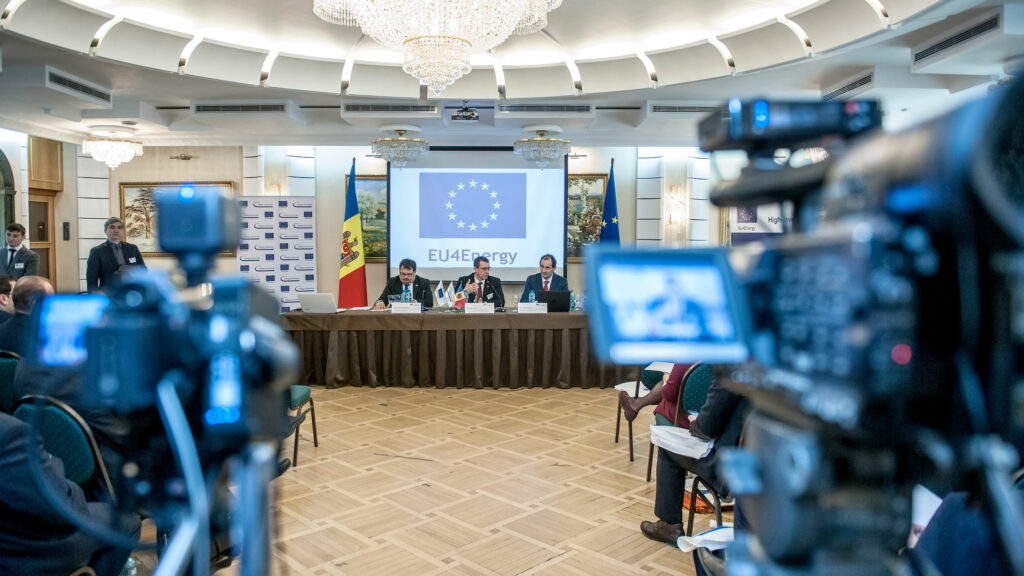 Opening of the EU4Energy high-level policy talks on energy efficiency in the Republic of Moldova
Opening of the EU4Energy high-level policy talks on energy efficiency in the Republic of Moldova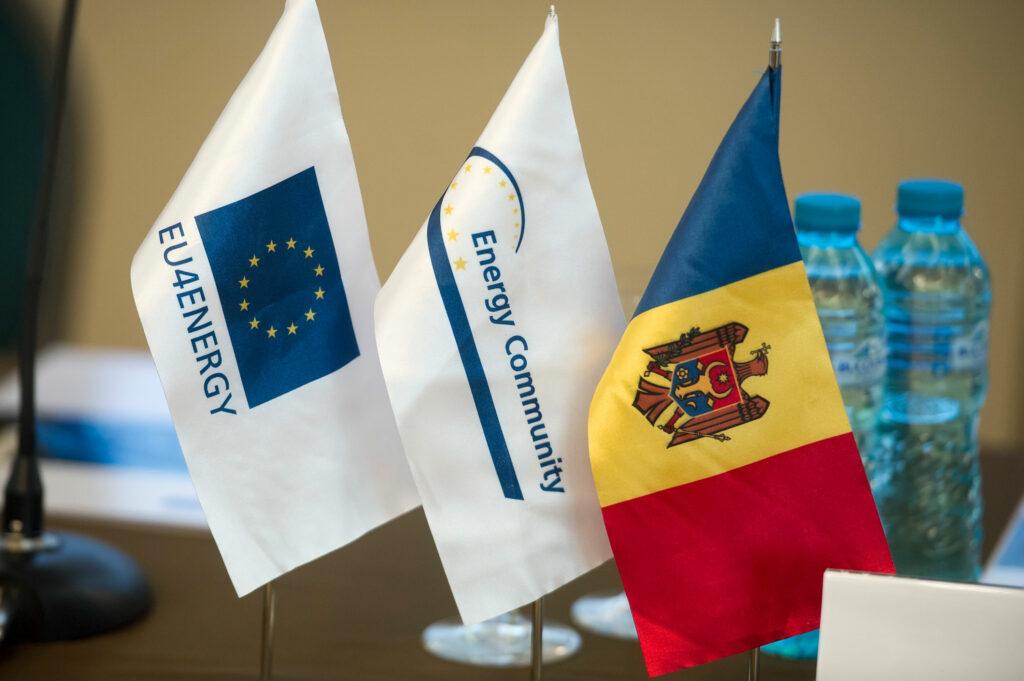 EU4Energy high-level policy talks on energy efficiency in the Republic of Moldova
EU4Energy high-level policy talks on energy efficiency in the Republic of Moldova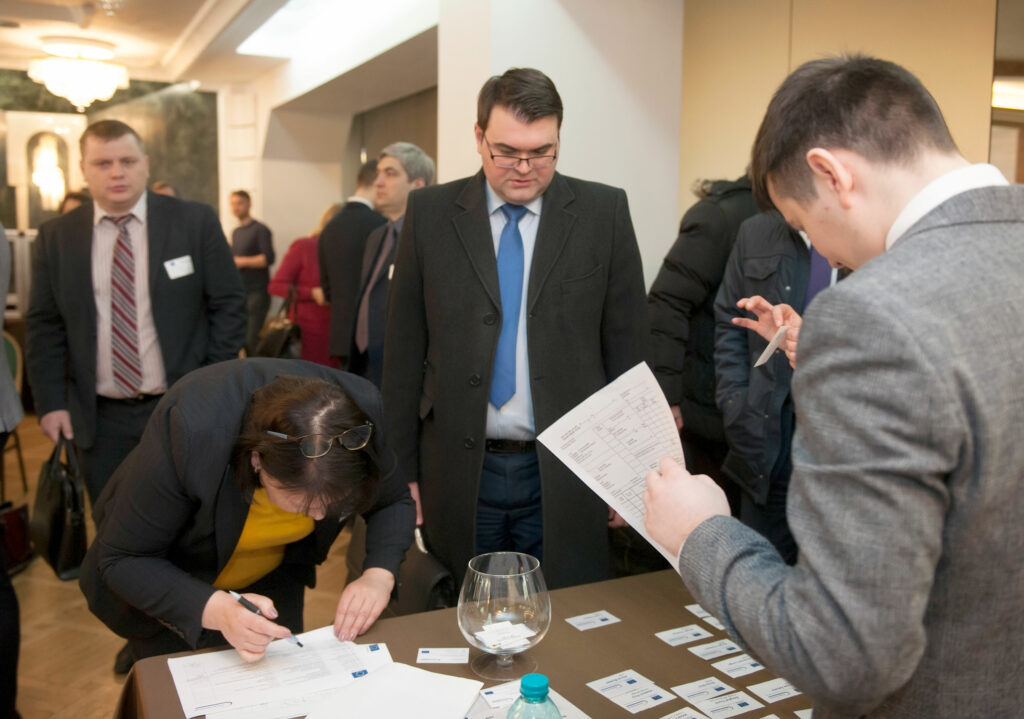 EU4Energy high-level policy talks on energy efficiency in the Republic of Moldova
EU4Energy high-level policy talks on energy efficiency in the Republic of Moldova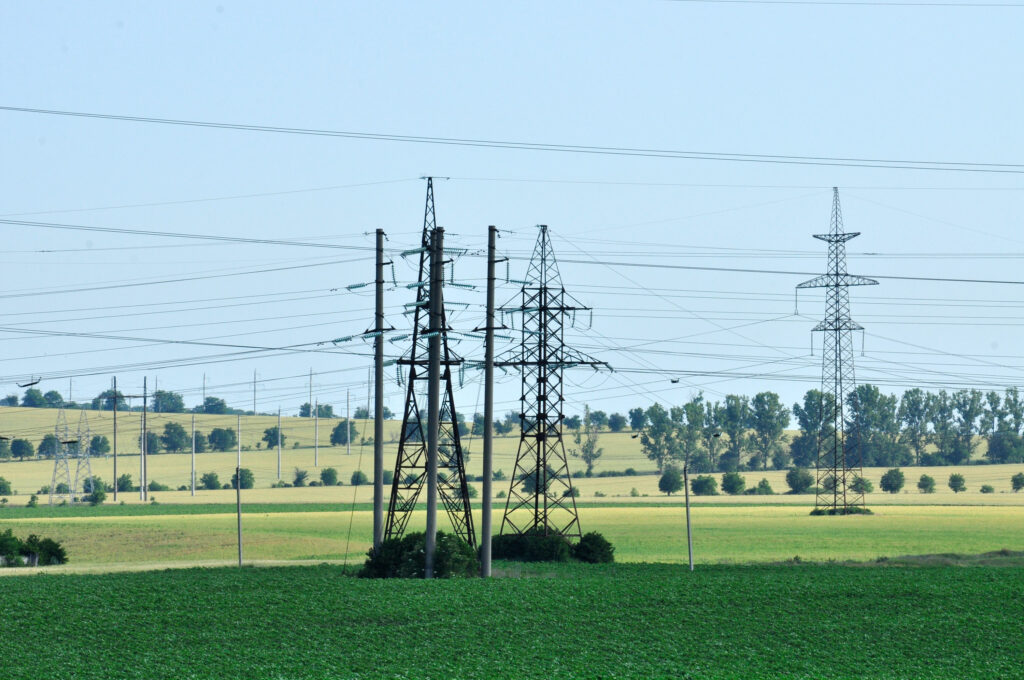 High-voltage transmission lines in the Republic of Moldova
High-voltage transmission lines in the Republic of Moldova
Furthermore, reforms and the challenges of their implementation are discussed at a high level in each partner country.
How did this discussion go in Moldova?
Last week, the first round of high-level discussions under the auspices of the EU4Energy Governance project took place in Chisinau. A number of energy efficiency issues in Moldova were discussed at the event. Key Note speakers included the Director of the Energy Community Secretariat, Janez Kopač; the Head of the EU Delegation in Moldova, Peter Michalko; the State Secretary of the Ministry of Economy and Infrastructure, Vitalie Iurcu; Other participants were the Director General of Moldova’s regulatory agency for energy (ANRE), Tudor Copaci, Head of Energy Policies Department, Ministry of Economy and Infrastructure, Mr. Calin Negura and experts from the Energy Community Secretariat, EU and Moldova. At the meeting, delegates discussed how the adoption of the bill on energy efficiency can be expedited, why it is so important and how it will benefit Moldovan citizens.
In his opening speech, State Secretary Iurcu assured delegates that the document would be discussed the same week in Parliament in first reading. According to the State Secretary, authorities view energy efficiency not as a minor obligation but as a tool to increase energy security and combat energy poverty.
The Head of the EU Delegation in Moldova, Peter Michalko, noted that the EU always supported Moldova in issues of energy sector modernisation because this directly influences the quality of life of the citizens. “Citizens spend less on energy bills and can direct these funds towards more important goals,” explained Michalko.
The Director of the Energy Community Secretariat, Janez Kopač, added that Moldova, as a Contracting Party to the Energy Community, has certain obligations to accept regulations in line with European energy law. “These regulations help to increase energy efficiency standards, in other words, they directly benefit the consumers,” he emphasised.
Kopač said that the state and its institutions should lead by example in this respect. This is why the law on energy efficiency mostly relates to state-owned buildings and enterprises.
What is the law on energy efficiency about?
The bill foresees several important steps, which will allow Moldova to become energy efficient. For instance, energy distributors will have to decrease network losses annually, and the cost of energy delivered will decrease respectively. Besides, authorities will conduct an energy audit of the state and municipal enterprises and will take into account energy efficiency when purchasing materials or services.
Another important change is that authorities will have to make energy efficient renovations of 1 per cent per year of the area of all buildings with an area exceeding 500m2 that are owned by the state, and bring these to the minimum energy performance standards.
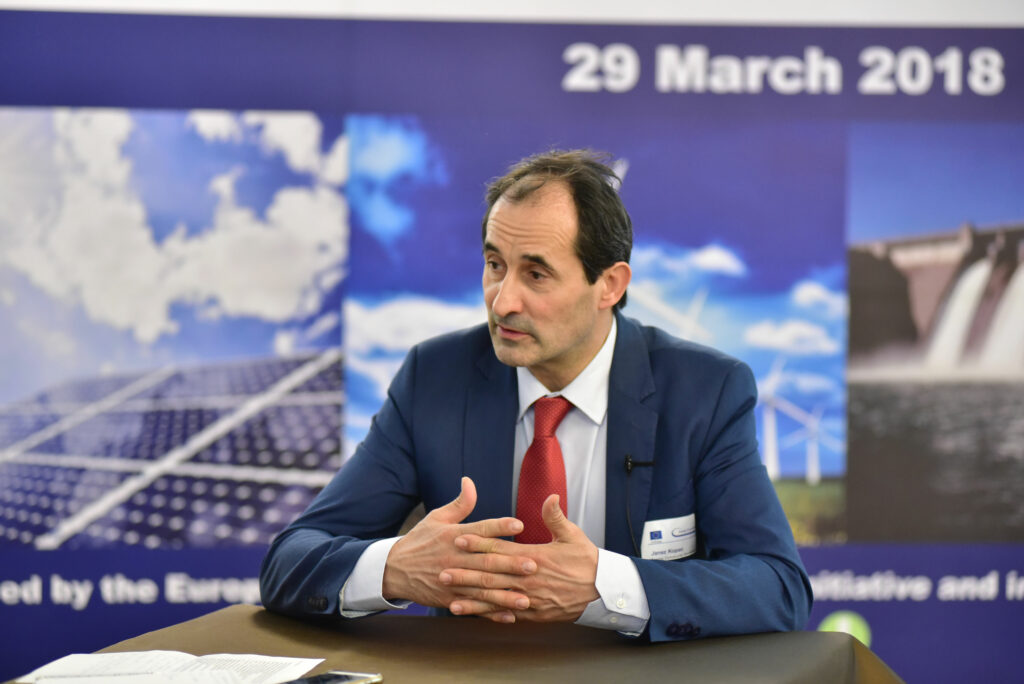 Janez Kopac Director of Energy Community Secretariat
Janez Kopac Director of Energy Community Secretariat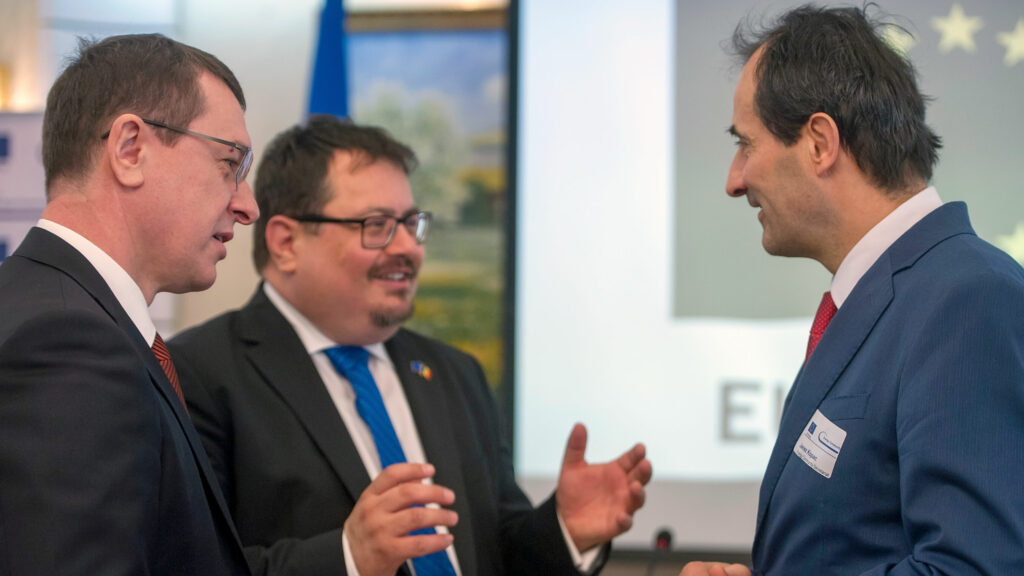 EU4Energy high-level policy talks on energy efficiency in the Republic of Moldova
EU4Energy high-level policy talks on energy efficiency in the Republic of Moldova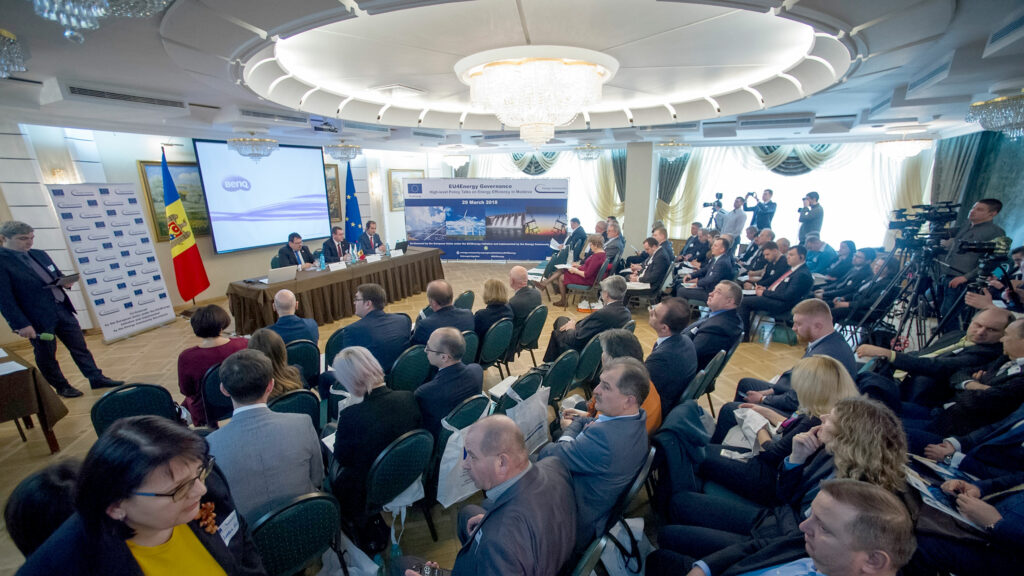 EU4Energy high-level policy talks on energy efficiency in the Republic of Moldova
EU4Energy high-level policy talks on energy efficiency in the Republic of Moldova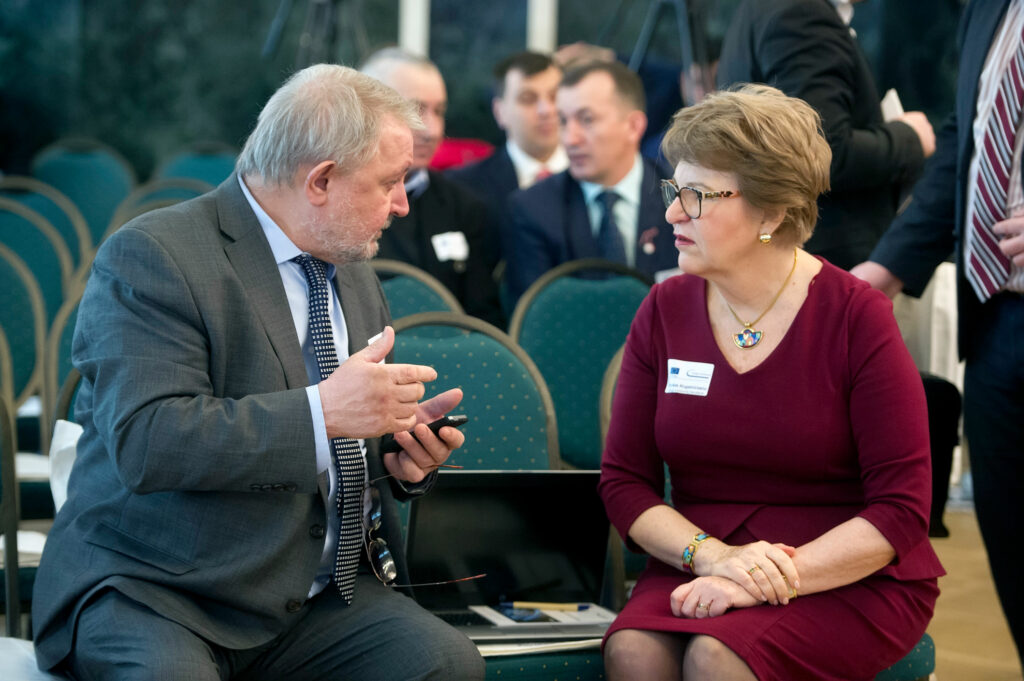 EU4Energy high-level policy talks on energy efficiency in the Republic of Moldova
EU4Energy high-level policy talks on energy efficiency in the Republic of Moldova
While speaking about the bill’s provisions at one of the event’s panels, the Head of the Energy Policies Department at the Ministry of Economy and Infrastructure, Calin Negura, said immediately that Moldova would not have enough time to implement some of them right away. In particular, the document foresees a decrease in power consumption by end-users (of all levels) by 0.5 per cent in 2018 and by 0.7 per cent in 2019-2020. According to Negura’s assessments, as law adoption procedures are lengthy, Moldova will not reach these indicators until 2020. Besides, over 450 million Moldovan Lei will be necessary for the implementation of the envisaged measures, an amount not planned in the budget for this year.
What is wrong with it?
Janez Kopač noted the importance of passing the bill for the future of Moldova. He commented on the idea to unite the Agency on Energy Efficiency, which works on policies, and the Energy Efficiency Fund, which finances projects in this sphere. The purpose of the Fund is to attract investment for the financing and implementation of projects in the sector of energy efficiency and for the development of renewable energy sources based on the policies developed by the Government. “
He added that besides the bill on energy efficiency, Moldovan authorities need to introduce a new law on condominiums; otherwise, all efforts could be wasted. “Only when citizens realise that they have to care about their own homes and insulate them, only then something will start working,” Kopač emphasised while sharing his experience of implementing a similar bill in Slovenia, where he worked as the Minister of Environment, Spatial Planning and Energy.
What conclusions did participants make in the discussion?
The Head of Energy Efficiency and Infrastructure Unit at the Energy Community Secretariat, Violeta Kogalniceanu, said that the key word in conversations about reforms is realisation. “There are great laws in different countries but they are not implemented everywhere,” she explained. According to Kogalniceanu, both parties have obligations to ensure reforms are implemented: the Republic of Moldova, which should see change as a result; and the Energy Community, which supports the country to implement change.
She added that decreasing energy consumption is not the only important thing. “There is no point in it if you are sitting in the dark and are freezing. One can speak about energy efficiency only if the economy grows, while the consumption per unit of product or service decreases,” Kogalniceanu emphasised.
According to her, Moldova needs to implement minimum energy performance standards for public and residential buildings. Kogalniceanu recommended taking a comprehensive approach towards modernisation and insulation of houses, not simply replacing windows but also insulating the roofs and basements, otherwise there will be not enough effects from such renovations.
Janez Kopač said that in order to bring reforms to life, political will is necessary as he sees it now.
How will I benefit from this?
Experts are convinced that the results of the EU4Energy programme will positively affect the quality of life of Moldovan citizens.
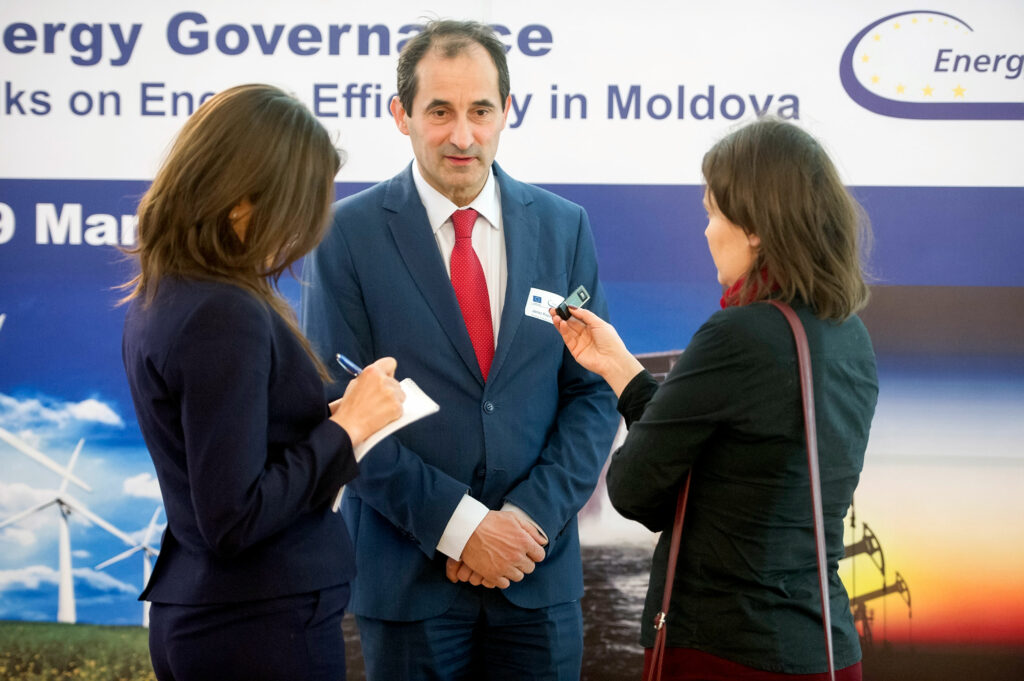 Janez Kopac Director of Energy Community Secretariat talking to Moldovan media
Janez Kopac Director of Energy Community Secretariat talking to Moldovan media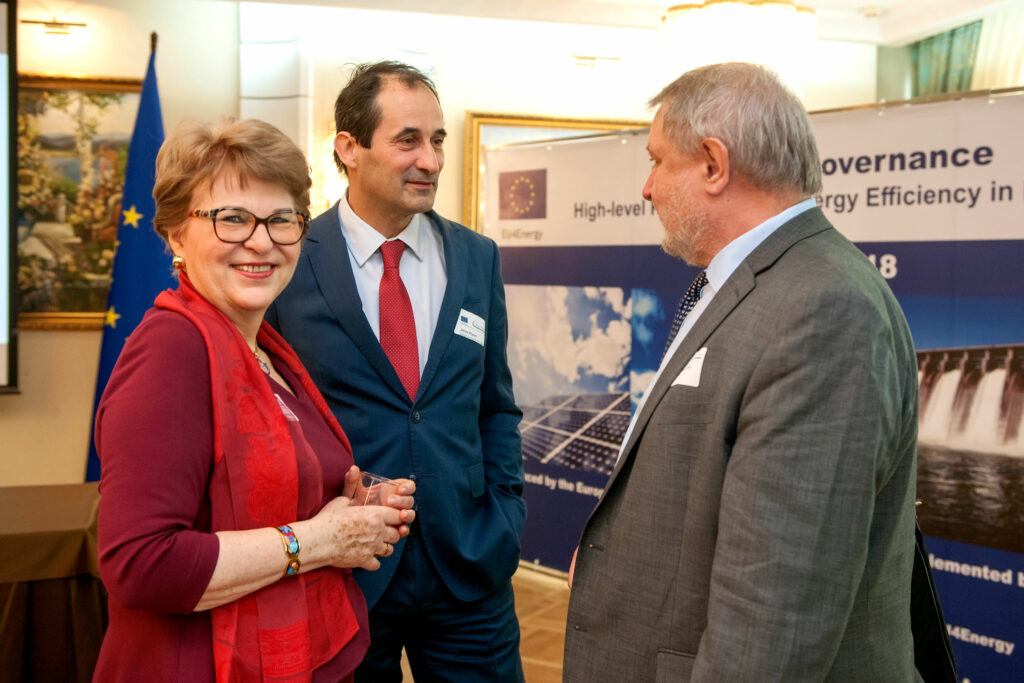 EU4Energy high-level policy talks on energy efficiency in the Republic of Moldova
EU4Energy high-level policy talks on energy efficiency in the Republic of Moldova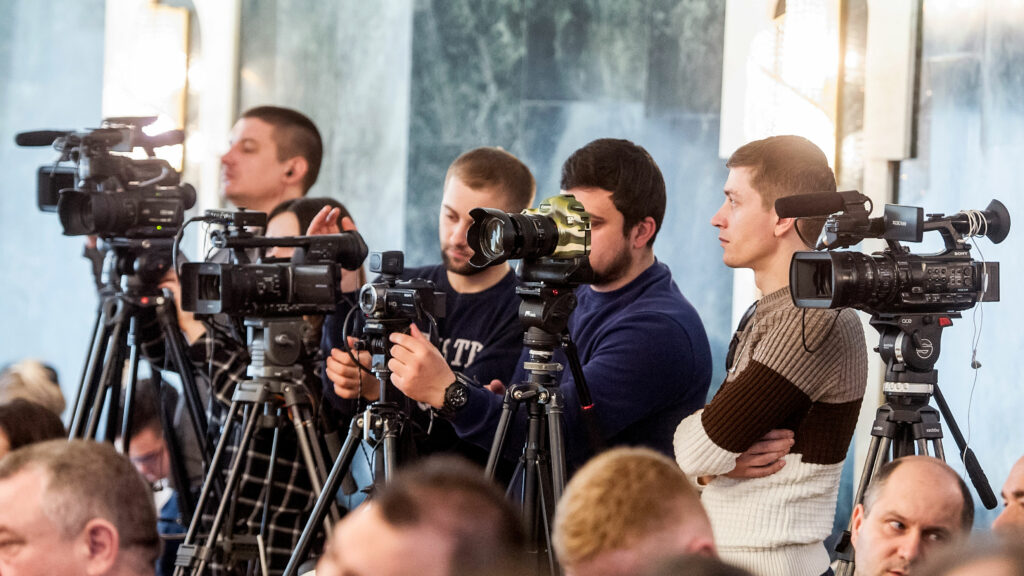 EU4Energy high-level policy talks on energy efficiency in the Republic of Moldova
EU4Energy high-level policy talks on energy efficiency in the Republic of Moldova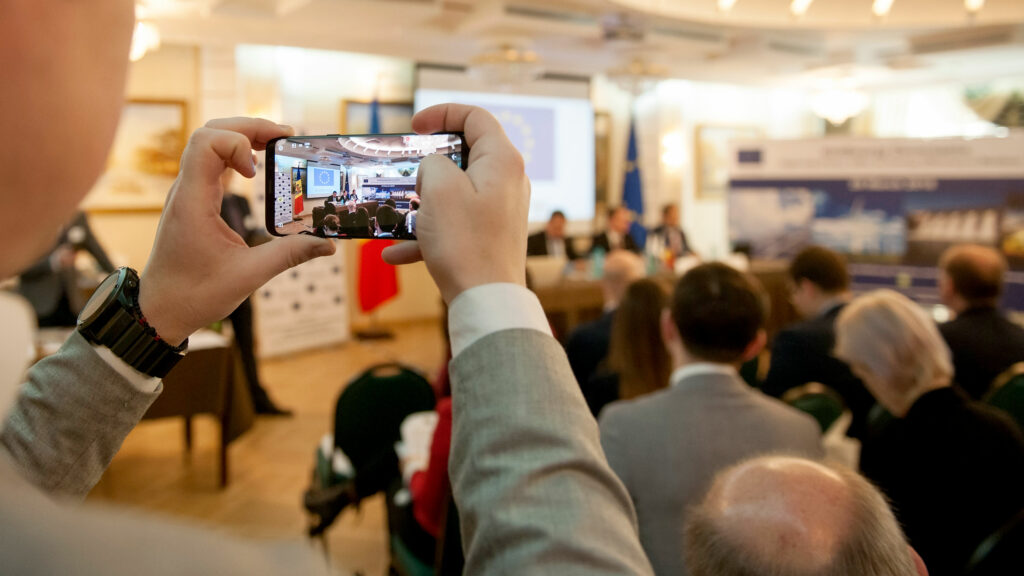 EU4Energy high-level policy talks on energy efficiency in the Republic of Moldova
EU4Energy high-level policy talks on energy efficiency in the Republic of Moldova
For instance, the bill on energy efficiency foresees the implementation of minimum energy performance requirements of new or deeply renovated public buildings. In terms of residential buildings, the Government will have to adopt a National Strategy for Buildings Renovations to meet the minimum standards. As a result, the building and each apartment in it will consume less energy for heating, lighting, ventilation or air conditioning. Respectively, the residents will pay less for these services .
Over the longer term, this makes energy supply more reliable, transparent and affordable, thus reducing energy poverty and energy bills for both citizens and the private sector.
Author: Olga Gnatcova
Article published by Newsmaker.md in Russian
MOST READ
SEE ALSO

No, time is not on Russia‘s side

How to open an art business in Moldova: the experience of Alexandra Mihalaș

Be one step ahead of a hacker: check simple cybersecurity tips!
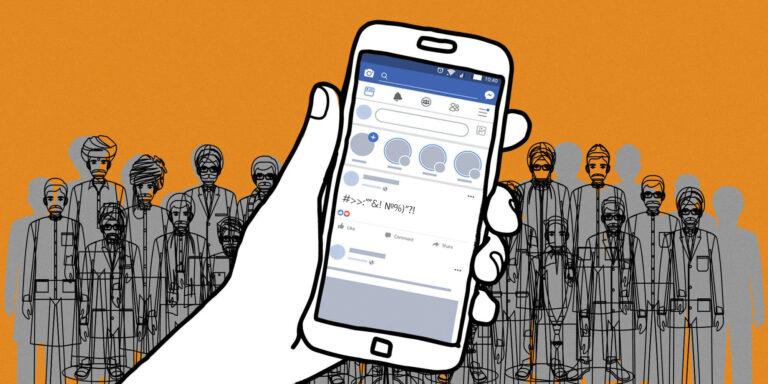
How to act and move on: strategies for women facing discrimination and online harassment

‘Learning is not a process but a journey’: the example of a school in Orhei
More campaign pages:
Interested in the latest news and opportunities?
This website is managed by the EU-funded Regional Communication Programme for the Eastern Neighbourhood ('EU NEIGHBOURS east’), which complements and supports the communication of the Delegations of the European Union in the Eastern partner countries, and works under the guidance of the European Commission’s Directorate-General for Neighbourhood Policy and Enlargement Negotiations, and the European External Action Service. EU NEIGHBOURS east is implemented by a GOPA PACE-led consortium. It is part of the larger Neighbourhood Communication Programme (2020-2024) for the EU's Eastern and Southern Neighbourhood, which also includes 'EU NEIGHBOURS south’ project that runs the EU Neighbours portal.

The information on this site is subject to a Disclaimer and Protection of personal data. © European Union,
